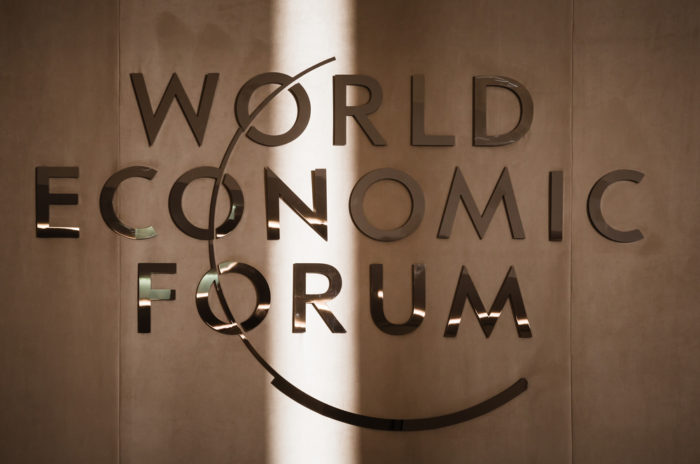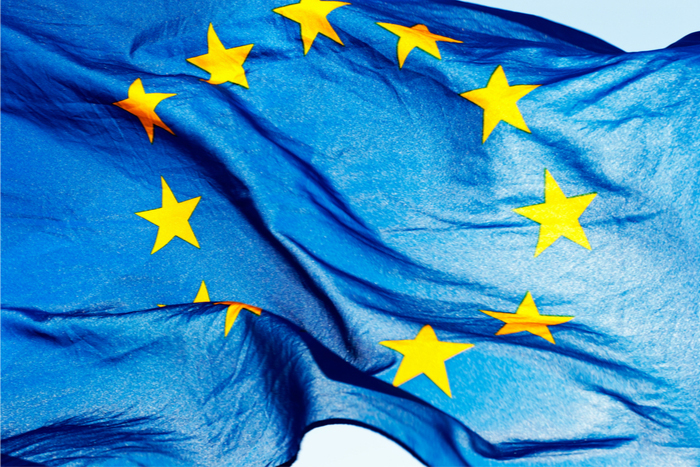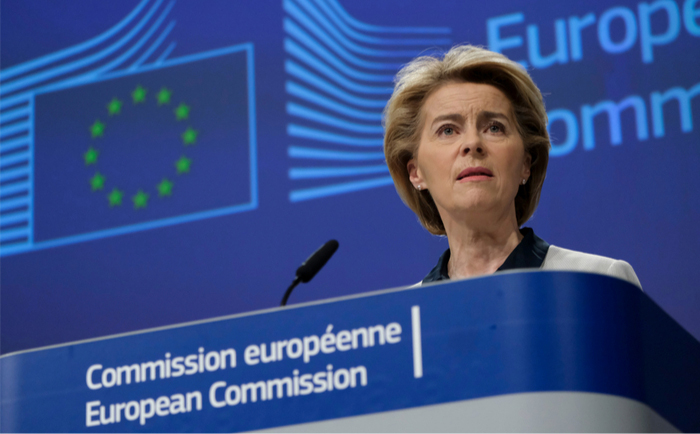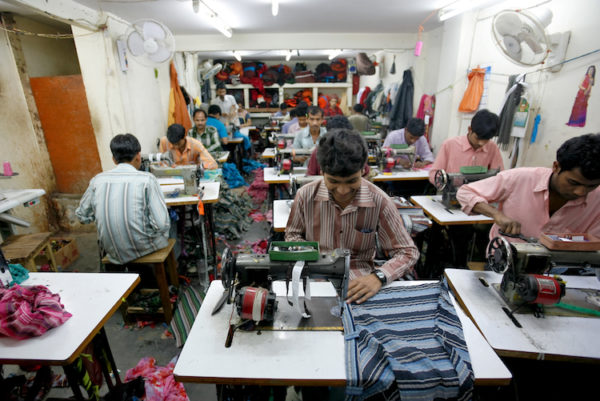Advice for board members on how to oversee human rights in their organisations has been launched at the annual meeting of business leaders at the World Economic Forum (WEF) in Davos.
Launched by the Global Future Council on Human Rights, a body of the WEF, the guidance offers board members five key questions to consider when weighing their company’s approach and conduct towards stakeholders. The report says board “oversight of the relevant mechanisms for managing these issues is essential”.
In a blog backing the launch, council co-chairs John Morrison, chief executive of the Institute for Human Rights and Business, and Julia Olofsson, head of human rights at Ingka (IKEA) Group, says the advice will help counter examples of big company boards that were “unaware of the true social impact of their business”, including human rights abuses and even fatalities.
“Human rights challenges can come from without a company’s operations, it’s supply chain and other business relations, or indeed from outside the business—as the world is now witnessing in Ukraine,” they write.
“Whatever the reason, it is critical that companies have the right mechanisms in place to ensure that affected stakeholders are at the centre of every analysis and decision and that the voices of the most vulnerable are heard all the way up into the boardroom itself.”
Human rights and corporate strategies
The guidance comes at a time when there is increasing interest in the role of companies in observing human rights, particularly in their supply chains.
In February the European Union launched efforts to push through new laws mandating human rights and sustainability due diligence. EU commissioner Didier Reynders said at the time: “We can no longer turn a blind eye on what happens down our value chains.”
The laws call on companies to compile plans to ensure they are compatible with the Paris Climate agreement but also integrate human rights due diligence into corporate strategies.
Though they have so far faced much criticism, the due diligence measures are likely to become EU law.
The WEF council’s five questions cover whether boards know which stakeholders are affected, whether they are engaged, and have the right skills and monitoring in place. Most importantly they ask whether board have the mechanisms in place to understand their potential impact on human rights.
The Council’s report says research found a “significant difference” between companies with boards where engagement is “direct’ and “regular” and those where it is “sporadic” and “limited”.
On skills, the guidance says: “In order to carry out the necessary oversight of such mechanisms, as well as act in the interests of affected stakeholders, boards need the right composition, structure and work culture.”
There is a warning in the Council’s report for boards that fail to address human rights. It cautions failing to act means they will run “against the increasing societal expectations of business, growing investor ESG demands and emerging regulations relating to the human rights and environmental due diligence of companies.”





